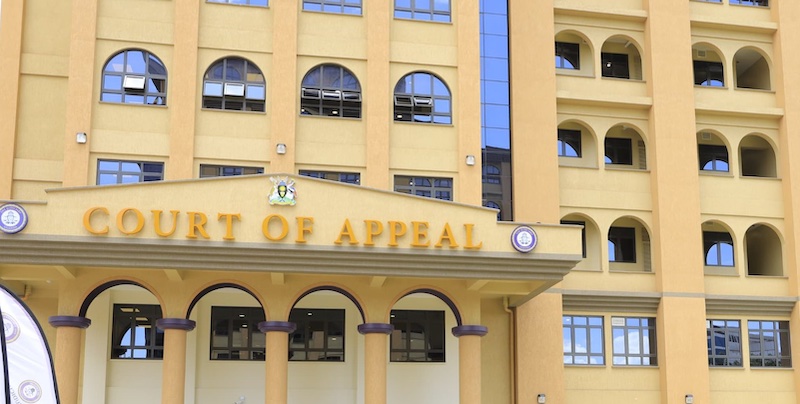
The Court of Appeal has overturned a High court decision that had cancelled a payment of $8.7 million (about Shs 33 billion) owed by the Government of Uganda to the Iraqi Fund for External Development.
Court of Appeal ruled that the High court acted in error when it revisited a case that had long been settled. In its judgment, the appellate court allowed the Iraqi Fund’s appeal, effectively reinstating Uganda’s obligation to pay the outstanding debt arising from a decades-old loan agreement.
The case stems from loans the Iraqi Fund extended to the Ugandan government, amounting to $10.96 million. In 2002, the High court ruled in favour of the Iraqi Fund and ordered the government to pay $6.43 million with interest at 2.5 per cent per annum until full settlement.
The Fund later obtained two certificates of order, one in 2002 and another in 2016, to recover the money, but despite being served with these orders, the government did not pay. This prompted the Fund to seek judicial review, only for the High court, presided over by Justice Lydia Mugambe, to quash the payment certificates.
Justice Mugambe based her decision on a June 8, 2017, letter from the Permanent Mission of Iraq to the United Nations, which denied that the Iraqi government had appointed any agent to recover the debt from Uganda.
However, in his lead judgment, Justice Fredrick Egonda-Ntende ruled that the High court had overstepped its mandate, saying it could not reopen a concluded case based on new correspondence.
“By the time the letter dated June 8, 2017, raised suspicions regarding the appellant’s capacity, the suit had already been decided, and that decision was never challenged,” justice Egonda-Ntende observed.
“The post-judgment attempt by the respondent during the execution stage to question the appellant’s capacity was an exercise in futility since the concluded case could not be reopened during a mandamus hearing…Once the trial court had issued a judgment and decree, the same court was now functus officio and could not delve into the parties’ capacity and similar issues that constitute the merits of the dispute.”
The judge further stated that if the government had new evidence, it should have either applied for judicial review or sought leave to appeal out of time, rather than rely on a diplomatic letter to nullify a valid court decision.
“There is simply no illegality to speak of in this context,” he added. “The letter from the Permanent Mission of Iraq… may have raised concerns, but it cannot be treated as proof of illegality sufficient to undo a judgment that had not been challenged.”
The Court of Appeal thus reinstated the original High court judgment and ordered the government to pay the $8.71 million owed to the Iraqi Fund for External Development. Justices Eva Luswata and Esta Nambayo concurred with Egonda-Ntende’s ruling.
The decision brings to a close a long-running legal dispute that has stretched for more than two decades, underscoring the limits of judicial intervention once a matter has been conclusively decided.



